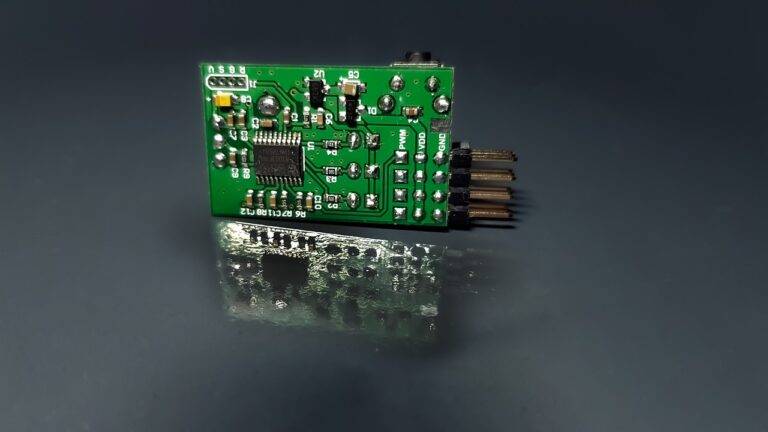Innovations in Soil Fertility Management: 11xplay com, Laser247, Skylivecasino signup
11xplay com, laser247, Skylivecasino Signup: Innovations in Soil Fertility Management
Are you a farmer looking to improve your crop yields and optimize your soil health? Look no further than the latest innovations in soil fertility management. Keeping your soil healthy is crucial for sustainable agriculture and long-term success. In this blog post, we will explore some of the most exciting advancements in soil fertility management that can help you achieve your farming goals.
Understanding Soil Fertility
Before we dive into the innovations, let’s first understand what soil fertility is all about. Soil fertility refers to the soil’s ability to provide essential nutrients for plant growth. Healthy soil contains a balance of nutrients, organic matter, microorganisms, and pH levels that support plant growth and development. Without proper soil fertility management, crops may suffer from nutrient deficiencies, poor growth, and reduced yields.
Innovative Soil Testing Technologies
One of the key pillars of soil fertility management is soil testing. Traditional soil testing methods can be time-consuming and expensive. However, recent innovations in soil testing technologies have made this process more efficient and cost-effective. Some of the latest soil testing technologies include:
1. Soil Sensors: These devices can be placed in the soil to measure key parameters such as moisture levels, pH, and nutrient concentrations. Soil sensors provide real-time data that can help farmers make informed decisions about fertilizer application and irrigation.
2. Portable Soil Testing Kits: These kits allow farmers to quickly test their soil for nutrient levels on-site. Portable soil testing kits are easy to use and provide instant results, enabling farmers to adjust their fertilizer applications as needed.
3. Remote Sensing Technologies: Remote sensing technologies such as drones and satellite imagery can be used to assess soil fertility over large areas. These technologies provide valuable insights into soil health and nutrient levels, allowing farmers to make data-driven decisions about soil management.
Biological Soil Amendments
In addition to traditional fertilizers, biological soil amendments are gaining popularity as a sustainable alternative for enhancing soil fertility. Biological soil amendments include beneficial microorganisms such as bacteria, fungi, and algae that can improve soil structure, nutrient availability, and plant health. Some innovative biological soil amendments include:
1. Mycorrhizal Fungi: These fungi form symbiotic relationships with plant roots, helping plants absorb nutrients more efficiently. Mycorrhizal fungi can enhance soil fertility, improve plant growth, and protect plants from pathogens.
2. Biochar: Biochar is a type of charcoal produced from organic waste materials. When added to soil, biochar can improve soil structure, retain moisture, and sequester carbon. Biochar is a sustainable soil amendment that can promote soil fertility and mitigate climate change.
Precision Agriculture Techniques
Precision agriculture techniques utilize technology and data to optimize crop production while minimizing environmental impact. These techniques can help farmers manage soil fertility more effectively by tailoring inputs such as fertilizers and irrigation to the specific needs of their crops. Some innovative precision agriculture techniques for soil fertility management include:
1. Variable Rate Fertilization: This technique involves applying fertilizers at different rates across a field based on soil nutrient levels and crop requirements. Variable rate fertilization can help farmers reduce input costs, minimize nutrient runoff, and improve crop yields.
2. Controlled-Release Fertilizers: Controlled-release fertilizers release nutrients slowly over time, providing a consistent supply to plants. These fertilizers can improve nutrient efficiency, reduce leaching, and minimize environmental pollution.
Frequently Asked Questions (FAQs)
Q: How often should I test my soil for fertility?
A: It is recommended to test your soil for fertility at least once a year, preferably before planting your crops. Regular soil testing can help you monitor changes in soil health and adjust your management practices accordingly.
Q: Is organic farming better for soil fertility?
A: Organic farming practices such as crop rotation, cover cropping, and composting can improve soil fertility over time. These practices enhance soil structure, increase organic matter content, and promote beneficial microorganisms.
Q: How can I improve soil fertility naturally?
A: You can improve soil fertility naturally by adding organic matter such as compost, manure, or cover crops to your soil. These organic materials provide essential nutrients, improve soil structure, and support beneficial soil organisms.
In conclusion, innovations in soil fertility management are revolutionizing the way farmers approach soil health and crop production. By incorporating advanced technologies, biological soil amendments, and precision agriculture techniques, farmers can optimize their soil fertility, increase yields, and promote sustainable farming practices. Embracing these innovations is key to ensuring the long-term success and productivity of agricultural systems.







